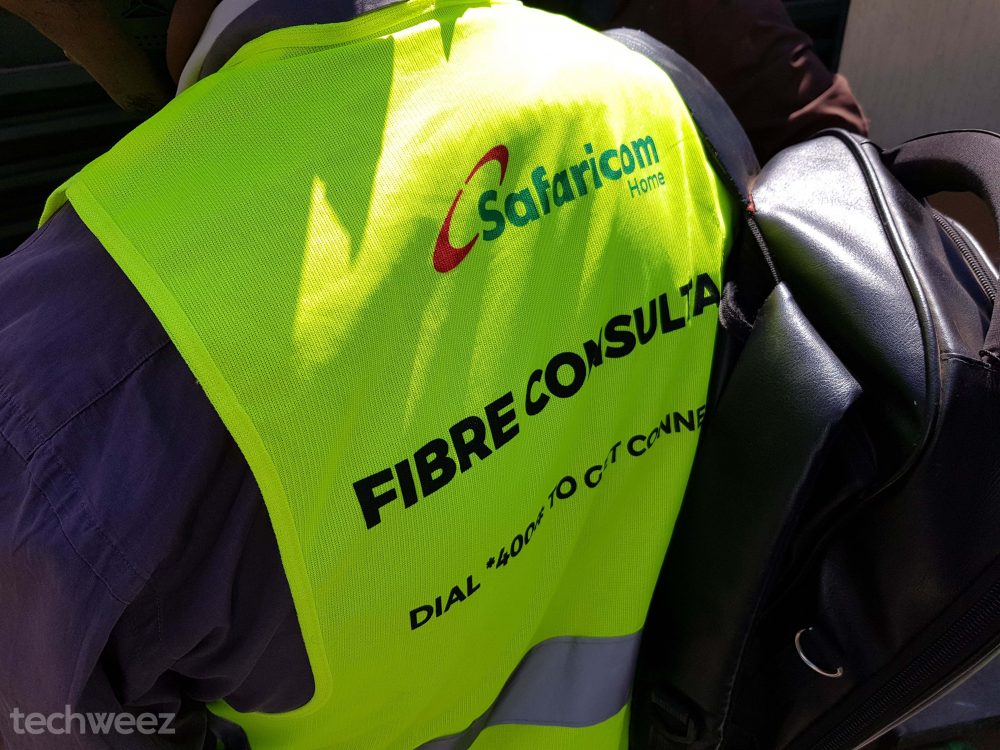Data subscriptions in Kenya are very interesting, and each telco has been trying to expand its market share by as many units as possible.
During the second quarter of the 2021/2022 financial year that ended in December 2021, it emerged that data and broadband subscriptions were recorded at 46.35 million and 29.15 million, respectively.
This is how the two compared between the second and the first quarter.
| Indicator/period | Oct – Dec 2021 | July – Sept 2021 | Variation |
| Total data/internet subs | 46.355 million | 45.646 million | 1.6% |
| Total broadband subs | 29.149 million | 27.648 million | 5.4% |
Mobile and fixed broadband coverage
During the review period, which was assessed by Kenya ICT regulator the Communications Authority, it was also noted that the total 3G and 4G subscriptions stood at 28.36 million.
On the other hand, the majority of Kenyans are still using fixed broadband speeds between 2 Mbps and 10 Mbps. This has been the case for an extended period, likely because plans falling within that range are affordable to customers.
To note, most customers are using fibre to the home connections, followed by cable modem and fixed wireless.
Subscriptions by regulators haven’t changed substantially as well.
Safaricom still commands the market with more than 293K subscriptions. This is way higher than Zuku (Wananchi Group) that had led the space for an extended period before Safaricom surpassed the company.
Their market share is summarized below:
| Service Provider | Subscriptions | Market share (%) |
| Safaricom | 293K | 36.8 |
| Wananchi Group | 229K | 28.7 |
| JTL | 157K | 19.7 |
| Poa! | 71K | 9.0 |
| Liquid | 14K | 1.8 |
| Mawingu | 11.4K | 1.4 |
| Dimension Data | 11.1K | 1.4 |
| Telkom Kenya | 4.4K | 0.6 |
| Truth Wireless | 600 | 0.1 |
| Others | 4.4K | 0.6 |
Safaricom has been expanding its FTTH services to more households across select towns in the country. The numbers have also been growing quarter to quarter, thanks to the company’s aggressive marketing, and offering its product to regions that are not served by other companies. Mawingu, for instance, is limited to the Mt. Kenya region, whereas Zuku serves many customers, but in limited parts of Nairobi.
Poa! internet has also been growing, but its focus is limited to low-income areas. It has since closed a fundraising round, and is in the process of enterting more markets in Kenya and regionally.





























